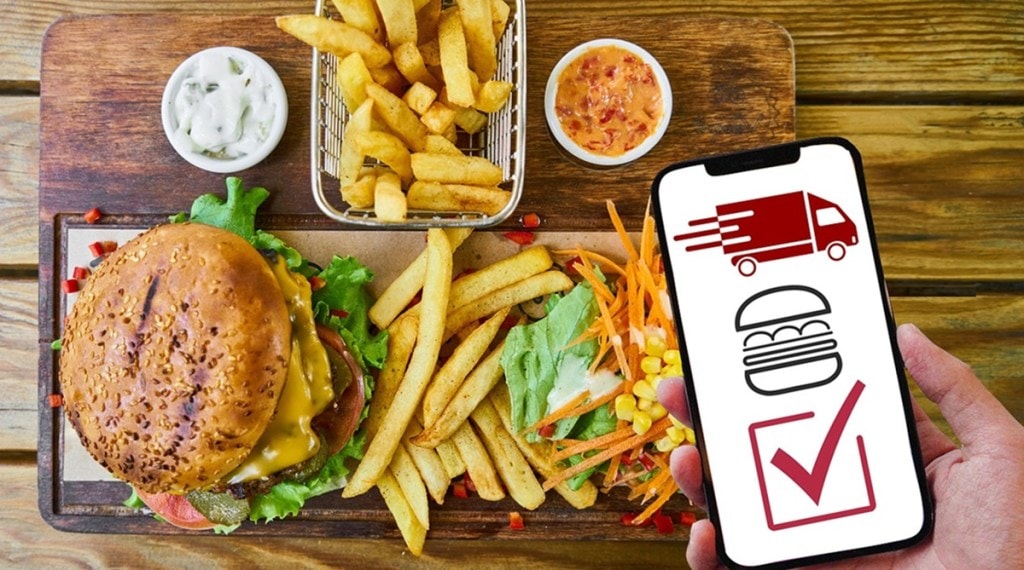– By Mohit Khattar
In a rapidly evolving market, how can QSRs retain their edge and continue to resonate with their customers? The answer may well lie in embracing technology. Technology can serve as that crucial bridge between brands and consumers, enabling richer and more personalized experiences. Understanding and addressing customer needs is essential to thriving in a crowded marketplace. By adopting a localized approach, QSRs can resonate with diverse customer bases and strengthen their ties with the communities they serve. As the QSR landscape evolves, it is becoming clear that technology is not merely an enabler but a driving force for building enduring customer relationships.
The quest for new technological solutions allows brands to stay ahead of the curve, meeting changing consumer demands and adapting to emerging trends. Its increased adoption is revolutionizing how QSR businesses operate, from online deliveries and digital menus to mobile app ordering and cloud kitchens. These innovations are helping shape the customer journey, making it more convenient and more engaging.
The opportunities are abundant, and the journey towards becoming a tech-forward QSR is both exciting and essential for sustained success in the F&B sector. From streamlined ordering processes and automated kitchen operations to data-driven decision-making, the integration of technology is increasingly becoming a strategic imperative for QSRs. For instance, digital ordering systems are changing the way customers interact with brands, allowing them to place orders seamlessly through mobile apps and online platforms. AI-driven algorithms enhance these systems by personalizing recommendations and predicting customer preferences, which improves convenience and also reduces wait times as well as minimizes human error.
Automated kitchen operations, such as those employed by cloud kitchens, are helping shape the industry too. These kitchens utilize advanced technologies, including ML algorithms, to optimize food preparation processes and manage inventory efficiently. ML models can help in forecasting demand and adjusting inventory in real-time, ensuring consistent quality and minimising waste. Besides, data-driven decision-making, is helping QSRs not just understand but also respond to customer preferences more appropriately. By analyzing data from touchpoints such as purchase history and customer feedback, AI tools can provide actionable insights, allowing brands to tailor their offerings to meet evolving consumer demands more effectively.
Advanced cloud-based solutions are revolutionizing inventory management in the QSR industry. These systems offer centralized control, delivering real-time visibility and ensuring seamless coordination across multiple locations. Automated inventory management, enhanced by predictive analytics and machine learning, refines stock level adjustments and demand forecasting. This reduces the likelihood of overstocking and shortages, leading to more efficient supply chain operations. Adopting these technologies allows QSRs to streamline their inventory processes, cut costs, and achieve improved profitability.
Upskilling employees is one of the most critical processes across QSRs. Tech-forward QSRs are proactively spearheading this initiative by implementing comprehensive training programs designed to equip their workforce with crucial skills. By investing in employee development, QSRs improve their team’s ability to adapt to technological advancements and also foster a culture of continuous improvement and innovation.
Over the last couple of years, we have seen examples of brands that position themselves at the forefront of tech adoption. These brands have not only gained a competitive edge but also established a robust foundation for future growth.
As QSR businesses become more competitive, more complex and increasingly focused on bottomlines, technology adoption is no longer a luxury. It is the most critical success parameter that will enable achievement of enhanced operational efficiency, innovation and effectively set the stage for long-term business success.
(Mohit Khattar is the CEO of Graviss Foods Pvt Ltd, Baskin Robbins.)
(Disclaimer: Views expressed are personal and do not reflect the official position or policy of Financial Express Online. Reproducing this content without permission is prohibited.)

